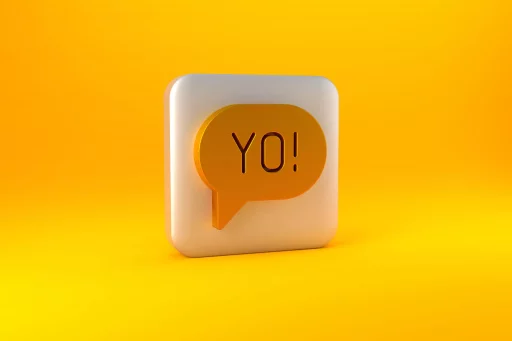Introduction to Money Slang
Money slang is an evolving part of the English language. It includes colloquial terms and phrases used to refer to money, financial transactions, or monetary concepts. Understanding money slang can enhance your financial literacy and make conversations about money more relatable. This article delves into popular examples, the origins of certain terms, and some intriguing case studies.
Common Money Slang Terms
Money slang often draws from cultural references and can vary by geographical location. Here’s a list of some of the most common money-related slang:
- Cheddar: Refers to money; believed to stem from the cheese trade.
- Benjamins: $100 bills, named after Benjamin Franklin, who is featured on the bill.
- Dough: A classic term used to refer to money.
- Fiver/tenner: Commonly used in the UK, referring to a five or ten-pound note.
- Moolah: A playful term for money, often used casually.
- Wonga: A British term for cash, especially small bills.
- Greenbacks: U.S. paper currency, derived from the green ink used on the reverse side of the bills.
Origin and Evolution of Money Slang
The origin of money slang often reflects historical events, cultural shifts, and economic changes. For example, the term “bucks” is believed to originate from the 18th-century practice of using deer skin (buckskin) as a form of currency among early American settlers.
As financial systems evolved, so did the language surrounding money. The 2008 financial crisis gave rise to new phrases such as “bailout” and “toxic assets,” showcasing how economic turmoil can influence slang.
Case Study: The Rise of Cryptocurrency Slang
In recent years, the cryptocurrency boom has spawned a unique set of financial slang. Terms like “HODL” (a misspelling of ‘hold,’ meaning to keep investing instead of selling) and “FOMO” (Fear of Missing Out) became increasingly popular among digital currency enthusiasts. According to a survey by the Pew Research Center, as of 2021, 86% of Americans had heard of cryptocurrencies, showcasing their prominence in modern financial discussions.
Among millennials and Gen Z, terms like “moon” (to gain significant value) and “shill” (promoting a coin to increase its price) have become part of everyday diction. These terms cultivate community within cryptocurrency forums, allowing investors to communicate their strategies efficiently.
Statistics on Money Slang Usage
According to a survey conducted by Merriam-Webster, nearly 70% of respondents frequently used slang when discussing financial matters. The findings indicate a necessity for financial terminology that resonates with younger audiences, as traditional financial language can often seem inaccessible.
Moreover, a study by the Financial Industry Regulatory Authority (FINRA) highlighted that investors who used or understood financial slang felt more confident in their investment decisions. 72% of participants believed that using slang made discussions about finance more relatable.
The Importance of Understanding Money Slang
Understanding money slang is crucial for various reasons:
- Effective Communication: Being familiar with slang allows individuals to engage in discussions confidently.
- Market Trends: Understanding popular slang can provide insight into market sentiments and trends.
- Financial Literacy: Slang can make financial concepts more accessible, particularly to younger audiences.
For instance, a young entrepreneur in a startup environment may prefer a casual term like “cash flow” over “revenue projections,” making the conversation more approachable.
Conclusion
Money slang is more than just playful vernacular; it reflects economic conditions, cultural nuances, and the evolution of financial literacy. As the financial landscape continues to change with technology and new generations, so will the slang we use to discuss these topics. Staying informed about money slang can enhance your communication skills and give you a deeper understanding of the financial world.






